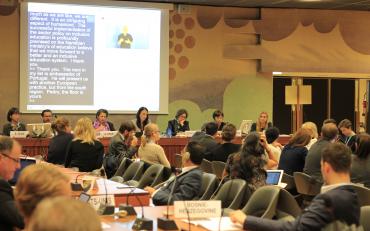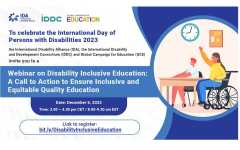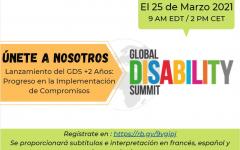A side event to the 36th Session of the Human Rights Council on "Empowering Children with Disabilities through Inclusive Education: Building on Diversity" was held in Palais des Nations, Geneva, Room XXIV on Wednesday, September 27th, 2017, from 10:00 to 12:00.
This event was organized by the Permanent Mission of Bulgaria, the Regional office of UNICEF, the Office of the High Commissioner for Human Rights, the Special Rapporteur on the Rights of Persons with Disabilities, co-sponsored by Finland, Namibia, Mexico, Portugal, Singapore, Spain, Uruguay and the International Disability Alliance.
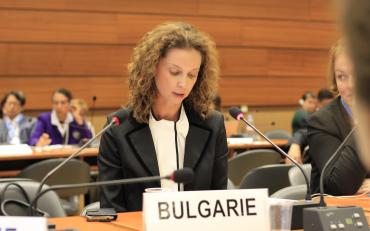
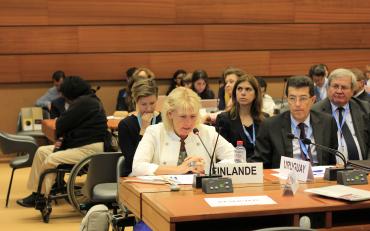
The focus of the Human Rights Council side event on inclusive education was based on the consensus that education is the most important avenue for the empowerment of children and persons with disabilities, and for the development of more inclusive societies. Inclusive education requires the enforcement of non-discrimination measures and additional goods and services such as support in school, assistive devices etc. At the same time effective inclusive education is not possible without close cooperation between the educational system and the other social systems providing early identification and intervention, community-based health and rehabilitation services, integrated social and health services, cash benefits that enable families to cope with the extra-cost associated with disability. Although they are complementary to the right to education they are key factors for addressing societal resistance and for providing inclusive society.
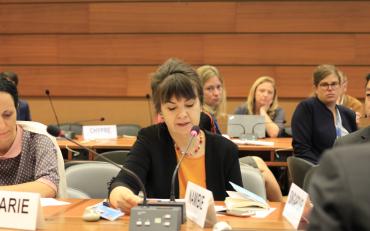
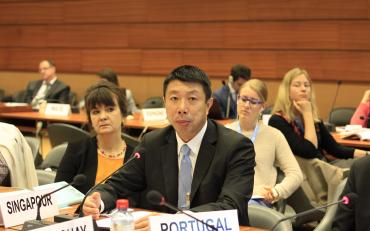
The side event served as opportunity to address different relevant topics related to inclusive education, like understanding what are the barriers that children with disabilities are facing in accessing education and participation in learning.
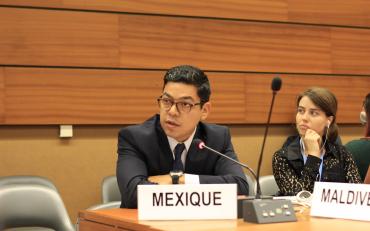
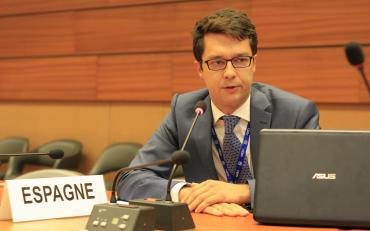
Ms Silvia Quan, Senior Human Rights Advisor of International Diability Alliance participated as a speaker during the event. She highlighted how the right to education is a universal right recognised in international human rights law, and that the Convention on the Rights of Persons with Disabilities (CRPD) underscores this right through Article 24, which expressly articulates the right to education for persons with disabilities and reaffirms ‘inclusive education’ as the modality to guarantee universality, equality and non-discrimination in the right to education.
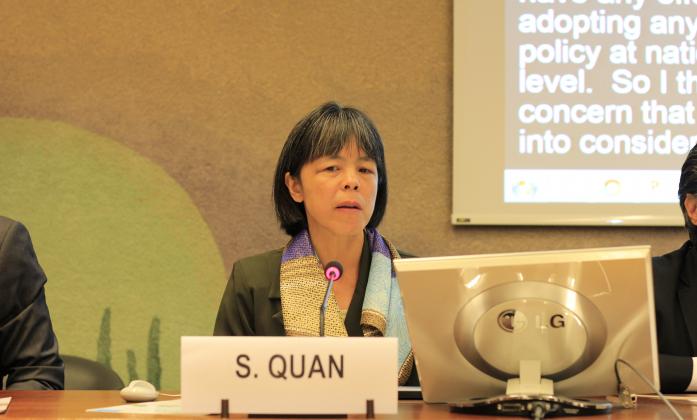
Ms Silvia Quan also noted that "Today, inclusive education is understood as transforming the school system and ensuring interpersonal interactions based upon core values, which foster for the full learning potential of every individual to emerge. It implies effective participation, individualised instruction and inclusive pedagogies."
"The inclusive approach values students as individuals, respects their inherent dignity and acknowledges their needs and their ability to make a contribution to society, and also acknowledges difference as an opportunity for learning, and recognises the relationship between the school and the wider community as grounds for creating inclusive societies with a sense of belonging -not only for students but for teachers and parents too", she added.
Also the UN Special Rapporteur on the rights of persons with disabilities, Ms Catalina Devandas Aguilar attended the meeting as panelist. In her speech, she reminded that “Inclusive education is a fundamental tool too ensure that the universal right to education is achieved for all children and it is a way to reduce the gap in access to education for many children that are currently excluded. But it is also a strategy that is good for everyone. This is not a strategy that is good for children with disabilities only, it is good for all children. Everyone, every child in an inclusive setting will benefit from this. It will include the notion of diversity in our schools and will make our classrooms to be as amenable to our societies, which is what we aim to have”
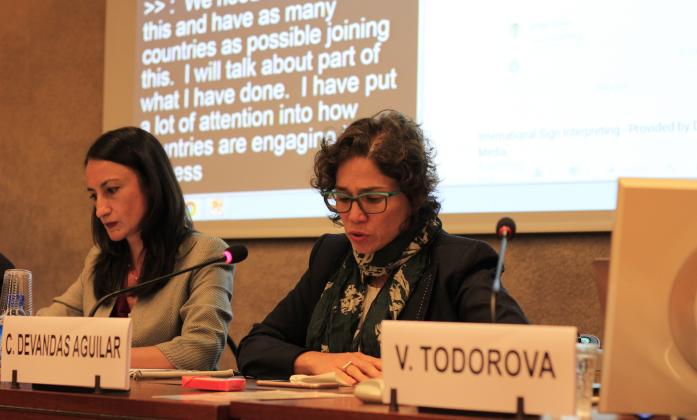
Ms Catalina Devandas aguilar, also stressed the fact that States should re-design their policies on inclusive education and that they should allocate to these projects more resources. She acknowledged that in this way, states would need to freeze other funds, but she also reminded that most of the changes to the education system could be not expensive as expected.
The Special Rapporteur applauded the large co-sponsorship and the large participation of states.
Download the Concept Note and the Flyer:
![]() Concept note of Side Event at the 36th HRC on Inclusive Education, 27 September 2017
Concept note of Side Event at the 36th HRC on Inclusive Education, 27 September 2017
![]() Flyer of Side Event at the 36th HRC on Inclusive Education, 27 September 2017
Flyer of Side Event at the 36th HRC on Inclusive Education, 27 September 2017
